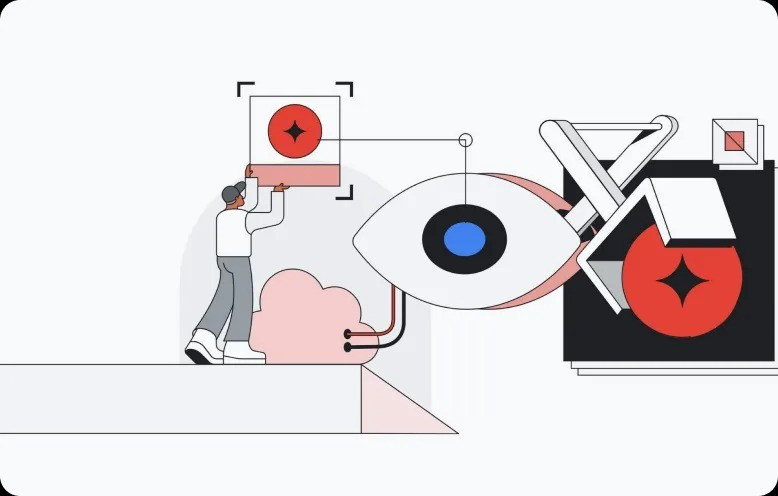Recently, the technology giant Google has been testing a specialised AI programme for the medical field, in the context of increasingly fierce competition with rival Microsoft. Chatbot called Med-PaLM 2 is developed on the basis of PaLM 2, Google’s most advanced language model.
Accordingly, Med-PaLM 2 is said to be able to provide answers about medical specialties with superior quality compared to other common chatbots such as Microsoft’s Bing and OpenAI’s ChatGPT.
Meanwhile, Meta and Microsoft are also promoting cooperation to develop Llama 2, a large language AI model aimed at both commercial and research purposes.
To heat up the technology race, Amazon’s cloud computing division has also launched technologies to help other companies develop their own chatbots and image creation services backed by AI.
The launch of OpenAI’s ChatGPT in November 2022 has paved the way for intense competition in the tech world.
It is undeniable that this is a promising development direction for technology companies, in the context of their business activities being quite gloomy due to the general difficulties of the economy and changes in customers’ habits of using networks after the COVID-19 pandemic.
Along with the heating up of the AI race, the business results of technology giants appear to be more positive.
Alphabet Inc., the parent company of Google, said its revenue reached nearly 70 billion USD in the first quarter of this year, higher than the forecast of 60 billion USD, while net profit came in at 15 billion USD.
Microsoft Corporation’s business results in the first quarter of 2023 also pleased investors, with a profit of 18.3 billion USD on total revenue of 52.9 billion USD, mainly thanks to revenue from cloud and AI products.
The benefits that AI brings to society are undeniable, but there are more and more warnings about the potential risks of this new technology, leading to tightened national management measures.
Recently, the United Nations Security Council met for the first time to discuss the risks of AI development. UN Secretary-General Antonio Guterres emphasised that the applications of AI in both military and non-military fields can create very serious consequences for global peace and security. Antonio Guterres called on all countries to urgently take the necessary measures to control this technology.
As lawmakers around the world focus on ways to reduce the risk from AI, big tech companies have moved to demonstrate their efforts to bring safer products to users.
Seven major tech companies, including OpenAI, Alphabet and Meta, recently committed to developing a tagging system that recognises all the content from text, images, audio to video generated by AI to users for information transparency.
US companies also announced the establishment of a forum called the Frontier Model Forum, which will help reduce the risks arising from AI platforms and build standards in this area.
According to analysts, in the next few years, the world will continue to witness a race in AI technology, a costly race for technology corporations.
In that context, both governments and companies need to be involved in this field in order to provide users with safer products so that people can truly master the technology.
















